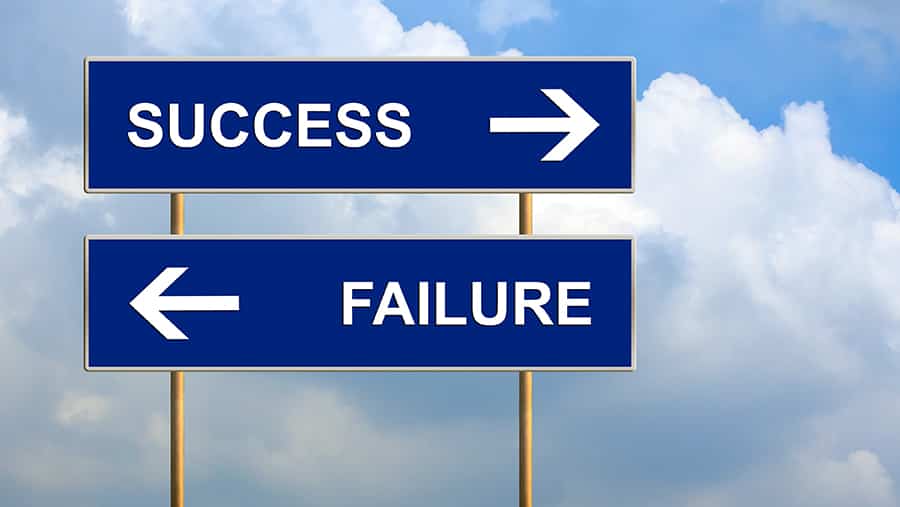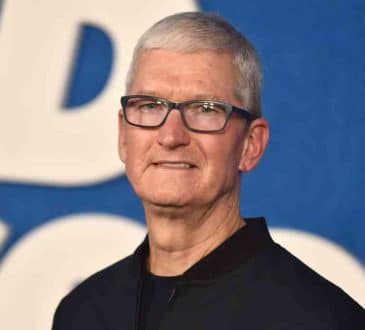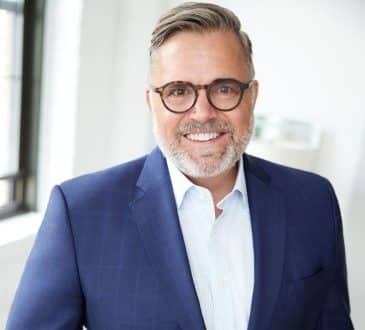The Business of Vulnerability (and its shadow: failure)

In the world of business, vulnerability is not a word one would associate with positivity, unless it’s perhaps being used to describe a competitor’s market position. It’s a term synonymous with weakness or deficiency, an unfortunate state needing either to be taken advantage of or quickly fixed.
However profitable this mindset when applied commercially, it falls incredibly short as a method of forming genuine working relationships. Accepting vulnerability as interchangeable with such words results in us judging too quickly and limiting our expectations of a person’s capability.
Emotionally we retreat from them, whilst mentally we march forwards with our business goal. In doing so we lose the opportunity to face our own fears and to create allies with colleagues that we can appreciate as rounded and complete human beings. Choosing to avoid each other’s sensitivities means we foster fair-weather workforces, we settle for 2D relationships in a 3D age.
Vulnerabilities present as many ways in business as they do in personal lives – the staff member who cries under stress, sweats profusely when public speaking or who shouts when frustrated. When we dismiss these as unfortunate personal traits, instead of hiring people equipped to deal with them as performance blockers, we do an injustice not only to the individuals involved but also to those team members employed to work with them. Professionals who are unafraid to be open about their insecurities only appear to garner credit when they’re otherwise considered as well put together or have made significant progress up the career ladder. They’re welcomed as a breath of fresh air and because they’re already successful, they do not threaten our view of a business environment where only shows of perfection are valuable. For others, anything too close to vulnerability is a sign that maybe they aren’t supposed to be here or, at worst, an advanced warning of oncoming failure, that beast so many fear will come a’knocking.
Removed from the somewhat shaky notion that there is no such thing as failure, businesses operate using a different model. Society has decided that denial is the best way to make men and women feel better when they don’t hit a target or live up to some standard they’re attempting to attain. It’s done this by negating the importance of the emotions attached to failure, by pretending they’re not worthy and quickly dispelling any disappointment or shame by finding the lesson. In business however, it is very clear that people fail all the time and that the lesson does not always neatly round off the experience. Failure, no matter how you spin it, what you learn from it, or what silver lining arises from it, has very definite consequences and fear of it is one of the most common vulnerabilities I see. For clients, the divide between the natural instinct of empathy in their personal life and the natural tendency to blame in their professional, leaves them in a quandary of guilt and confusion. Dealing with our own failure is tough enough, but dealing with another’s sometimes means a very conscious suspension of compassion, because failing in business can be expensive and if we get too close to the fire we fear it may cast light on our own short-comings.
And so what’s the answer, how do we embrace vulnerability as part of our work culture? How do we use it to enhance performance, patience and empathy in our sometimes high-stress environments? The first step is to understand that vulnerability is not contagious, by helping colleagues we will not catch any stigma they may be living with. The second is to know that displaying vulnerability does not mean we’re handing out open invitations to be mocked, or pitied for how tremendously ill-equipped we are for particular tasks.
Being vulnerable at work starts at the top, it’s encouraging openness by leading from a mindset that is willing and unafraid to discuss sensitive challenges. As a manager it’s about demonstrating the help you yourself might wish to receive, if you had the same troubles as the person you see struggling. It starts by offering training, coaching, mentoring – and the type which is not always about an obvious business goal. Make it clear that the company is interested in staff from a personal and not just professional level, because this is where loyalty is nurtured, it’s where performance peaks, as it emanates from a full person and not just the work half they’ve dragged in. Aligning personal and business personas fortifies people in immensely positive ways, your business cannot help but be bettered by it.
Add CEOWORLD magazine to your Google News feed.
Follow CEOWORLD magazine headlines on: Google News, LinkedIn, Twitter, and Facebook.
This report/news/ranking/statistics has been prepared only for general guidance on matters of interest and does not constitute professional advice. You should not act upon the information contained in this publication without obtaining specific professional advice. No representation or warranty (express or implied) is given as to the accuracy or completeness of the information contained in this publication, and, to the extent permitted by law, CEOWORLD magazine does not accept or assume any liability, responsibility or duty of care for any consequences of you or anyone else acting, or refraining to act, in reliance on the information contained in this publication or for any decision based on it.
Copyright 2024 The CEOWORLD magazine. All rights reserved. This material (and any extract from it) must not be copied, redistributed or placed on any website, without CEOWORLD magazine' prior written consent. For media queries, please contact: info@ceoworld.biz
SUBSCRIBE NEWSLETTER








